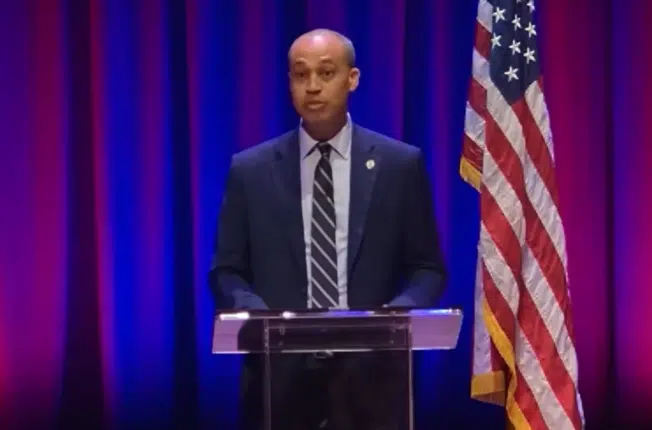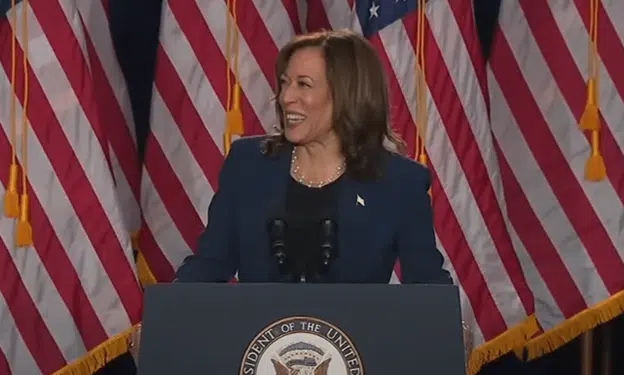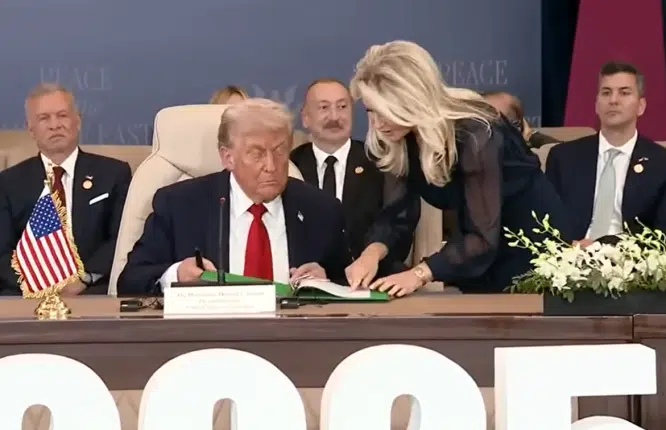In a recent Rasmussen Reports poll published August 16th, Republicans opened up their widest lead yet in the generic ballot poll, with 48 percent of likely voters saying they would vote for the Republican candidate in November, and only 36 percent saying they would vote for the Democrat.
Republicans have not trailed in Rasmussen’s weekly poll since June 21st, 2009. Certainly, on the surface, the consistent poll results bode well for the GOP in November. Since then, their support has solidified, from 40 percent to now 48 percent. Democrats, on the other hand, have not breached the 40 percent mark since September 27th, 2009.
Critically, in the latest poll, Republicans lead amongst Independents 52 to 21 percent, which if it proves predictive, could mean that Democrats are in store for a crushing defeat in November.
The American people certainly have every reason to be unhappy with Congress. The economy is not recovering as was promised, job growth is nearly non-existent, and since Harry Reid and Nancy Pelosi have taken control of Congress in 2007, they have added more than $4.3 trillion to the national debt.
Moreover, Americans have increasingly become alarmed at government takeovers of health care and the financial sector, and are aware of Democrats’ designs on the energy sector via their carbon cap-and-tax scheme.
A growing consensus is emerging that voters want Republicans in Congress to act as a counter to the Democrat agenda that has been enacted largely unabated.
Unfortunately for those who may become complacent, beneath the results of these polls, there is still an underlying current of dissatisfaction aimed at Republicans. According to another recent poll from John Zogby, Republicans in Congress only have a 25 percent approval rating, while Democrats have a 35 percent approval rating. Overall, however, Congress has a 77 percent disapproval rating, and Republicans still lead in Zogby’s generic question 42 to 41 percent.
Therefore, Republican favorability at the moment can be owed to being slightly less unpopular than Congress as a whole. Largely, that can be attributed to Republican support for the bailout regime that began in 2008.
So, the GOP is losing the race to the bottom more than they are winning the race to the top — at least for the moment. It is relatively early to make predictions about the outcome in November. Things to watch are how Republicans present a positive vision for governing in September. Obviously, foremost on Americans’ mind is what can be done to improve the economic outlook.
The natural Republican counter is to get government out of the way and allow American entrepreneurism to do what it does best. To that end, Congress can immediately make moves to begin:
1) selling off and opening up the 650 million acres of federal land for extraction and development by the private sector, including untapped energy resources, paving the way for new nuclear energy facilities, and lifting restrictions on reprocessing of nuclear fuel,
2) unwinding the $5.5 trillion Government Sponsored Enterprises Fannie Mae and Freddie Mac, bringing an end to government-induced housing finance, and reining in the Federal Reserve’s easy money policies,
3) selling off the shares of bailed-out companies like GM and Chrysler,
4) eliminating whole departments and agencies that are unproductive,
5) scaling back the federal workforce by 50 percent as the Baby Boomer generation retires,
6) ending worthless “stimulus” programs, making the Bush tax cuts permanent, and reinstating the foreign income tax credit,
7) abolishing federal subsidies of sectors like agriculture,
8 ) bringing an end to the bailouts once and for all,
9) repealing government takeovers like ObamaCare and the Dodd-Frank financial legislation, and
10) presenting a comprehensive plan pay down and retire the $13.3 trillion national debt.
Structurally, of course, the greatest problem the nation faces fiscally is the unchecked growth of entitlement spending. The unfunded liabilities of more than $100 trillion owed to the entitlements dwarf even the national debt, and are all but certain to worsen the budget picture in the coming years.
These programs need to start being phased out, such that over time younger workers are allowed to invest in their own retirements and health savings, while obligations to the Baby Boomers are guaranteed. This would automatically limit the universe of liabilities owed to these programs.
In short, the American people want to see Republicans take a courageous stand to save the solvency of the nation — before it is too late.
The nation faces big problems, and the American people want to see big solutions presented. 2010 ultimately represents an historic opportunity for Republicans to be bold. It could be the difference between a narrow win or a landslide.
Robert Romano is the Senior Editor of Americans for Limited Government (ALG) News Bureau.







